Gut microbiota diversity among humans, elephants, livestock and wild herbivores in Chitwan National Park bears implications for conservation medicine
Published in Social Sciences and Public Health
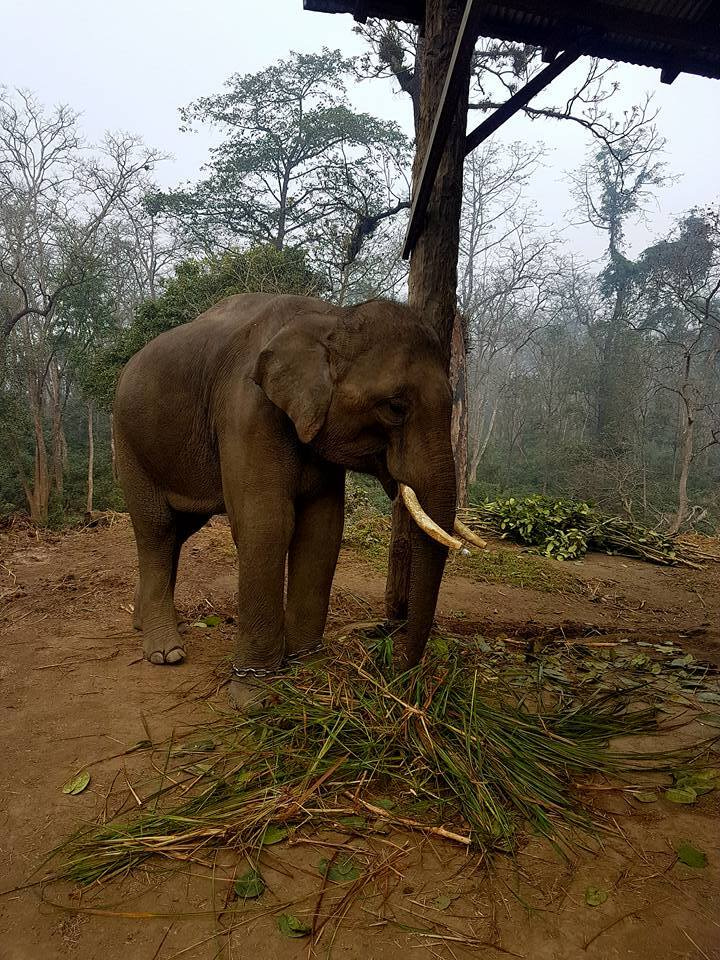
The gut microbiome plays a vital role in host health and well-being. In ecosystems where humans, domestic animals, and wildlife coexist, disease-causing bacteria can be exchanged through shared microbial communities. Monitoring gut microbiota composition is therefore crucial for preventing zoonotic diseases and supporting public health.
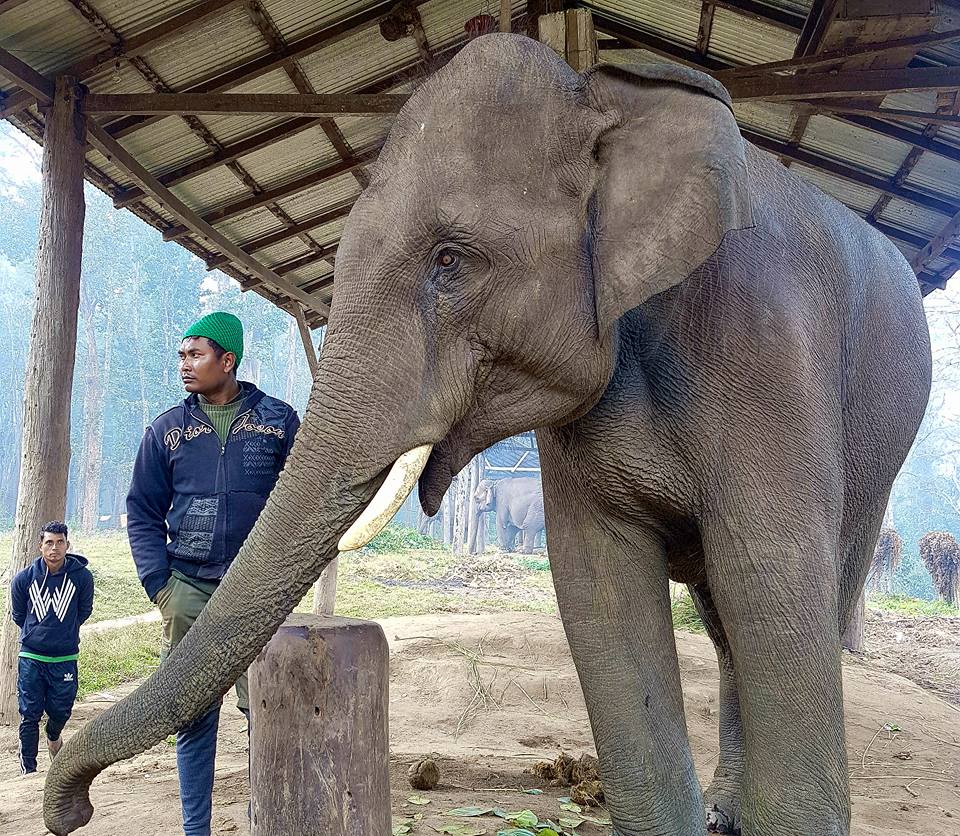
This study analyzed the gut microbiome diversity and abundance in mahouts (elephant handlers), their elephants, livestock, and wild herbivores in and around Chitwan National Park, Nepal. Firmicutes and Bacteroidota were consistently the dominant bacterial phyla across all host groups. In humans, Firmicutes were relatively more abundant, but both alpha diversity (within-sample diversity) was lower and beta diversity (between-sample diversity) differed significantly from non-human hosts.
Livestock and wild herbivores shared similar microbiome diversity, likely due to common bacterial phyla such as Proteobacteria, Actinobacteriota, and Verrucomicrobiota. Elephants exhibited the highest alpha diversity and distinct beta diversity compared to other host categories.
The findings suggest that gut microbiota composition is primarily influenced by host taxonomy and diet. However, the presence of potentially pathogenic bacteria, including Mycobacterium, in elephants and livestock—but not in wild herbivores—raises concerns about cross-species transmission and public health risks.

Overall, this research highlights the interconnectedness of gut microbial communities among co-occurring species and underscores the importance of conservation medicine. By understanding microbiota sharing across human and animal populations, we can better assess health risks and develop strategies for disease prevention in biodiverse environments.
Follow the Topic
-
Scientific Reports

An open access journal publishing original research from across all areas of the natural sciences, psychology, medicine and engineering.
Related Collections
With Collections, you can get published faster and increase your visibility.
Reproductive Health
Publishing Model: Hybrid
Deadline: Mar 30, 2026
Obesity
Publishing Model: Hybrid
Deadline: Apr 24, 2026
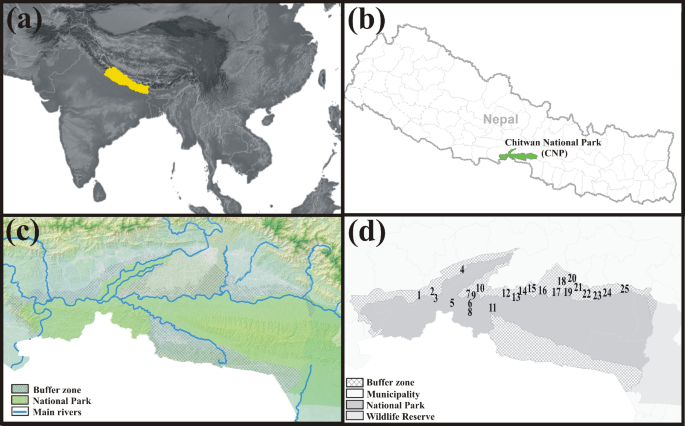
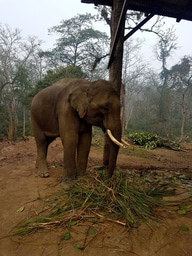

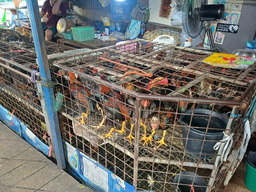

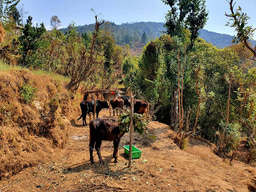
Please sign in or register for FREE
If you are a registered user on Research Communities by Springer Nature, please sign in